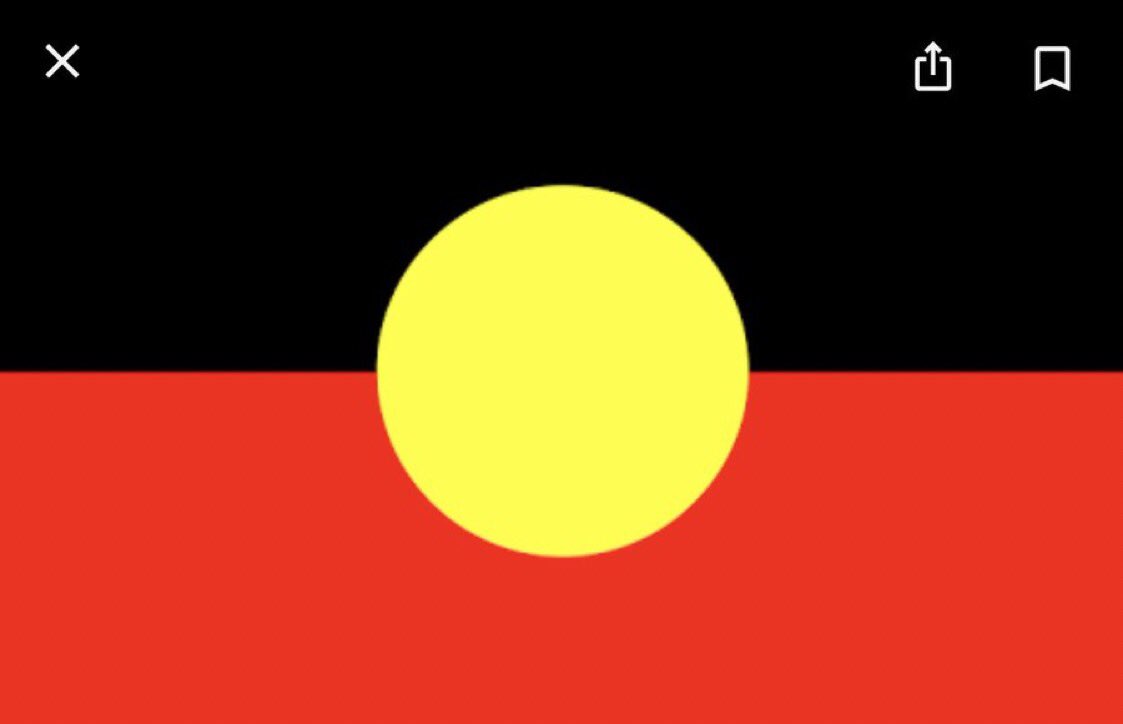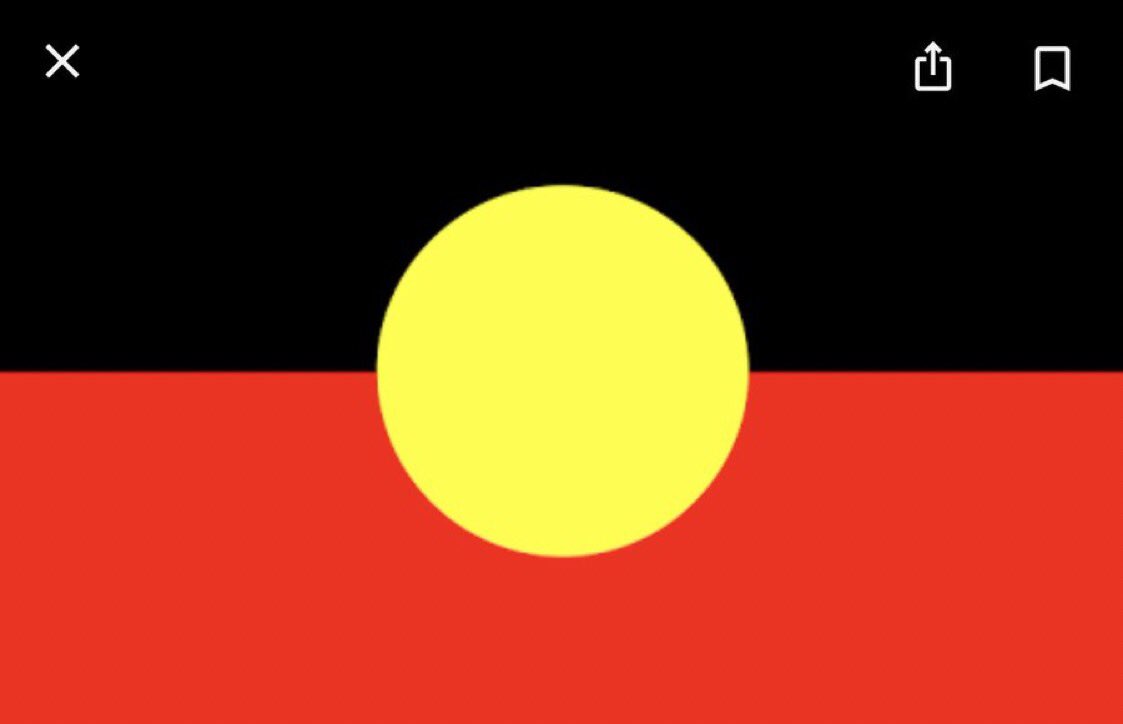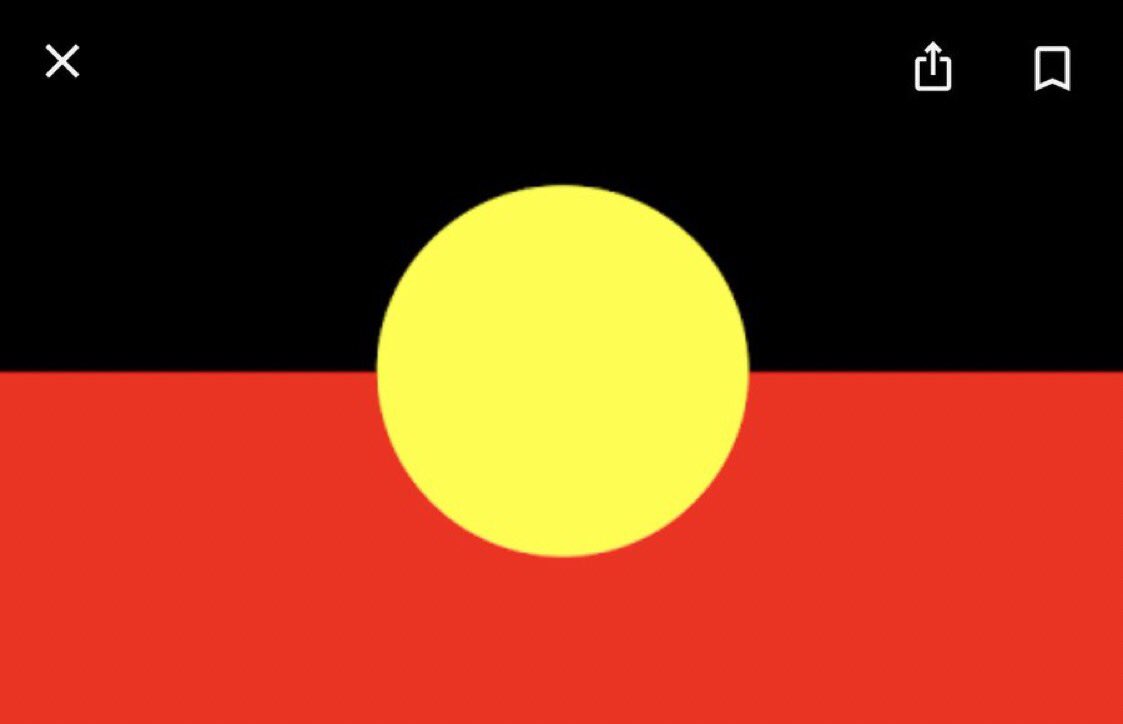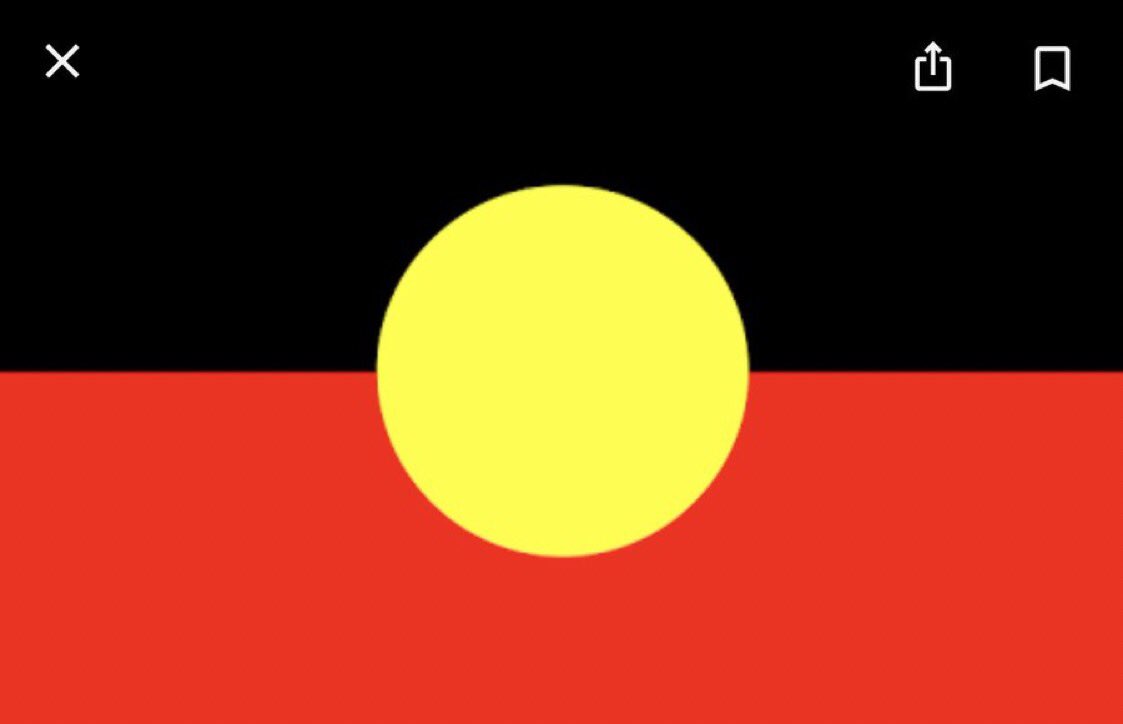Australian Tragedy :
Western Australia holds the distinction of having the highest Indigenous jailing rate on earth.Aboriginal people in WA are incarcerated at a rate eight times greater than the jailing rate for black males in Apartheid South Africa .
1-
Western Australia holds the distinction of having the highest Indigenous jailing rate on earth.Aboriginal people in WA are incarcerated at a rate eight times greater than the jailing rate for black males in Apartheid South Africa .
1-
No jurisdiction in Australia - not even the ACT - jails black males at a rate less than the days of Apartheid South Africa.
2-
2-
Since 1989, the imprisonment rate of Aboriginal and Torres Strait Islander people has increased 12 times faster than the rate for non-Aboriginal people.
3-
3-
Either Aboriginal people are the biggest criminals on earth, genetically pre-disposed to crime, or there& #39;s something seriously wrong with our criminal justice system. As the inaugural Governor of Australia& #39;s 1st Indigenous Specific Prison, I can assure you it& #39;s the later.
4-
4-
Australians seem to think Aboriginal people should be able to forget the past, dust themselves off, accept defeat and get on with it. Except, of course, the past is ever present, both in the rate at which my people are jailed, and in the lingering effects of colonisation.
5-
5-
When you& #39;re dealing with segregation, oppression, high unemployment & low income, there are a lot of men who feel like they can& #39;t support their families.
6-
6-
They might become depressed, even suicidal, & look for escape in the form of gambling or drug & alcohol abuse. Violence is a by-product of that. Aboriginal people are massively over represented in unemployment rates, poverty, homelessness, & incarceration rates.
7-
7-
The only way we will ever make progress in closing the gaps in the core issues that affect indigenous people being justice, land rights, compensation and the appalling jailing rate Aboriginal People.
8-
8-
Australia cannot afford the social, health and economic costs of over-imprisonment of Aboriginal & Torres Strait Islander Australians.Strong, healthy & connected communities are the most effective way to prevent crime & make communities safer.
9-
9-
Justice reinvestment offers a pathway to achieve this.
Justice reinvestment is a strategy for reducing the number of people in prison by investing funds drawn from the corrections budget into early intervention, ...
10-
Justice reinvestment is a strategy for reducing the number of people in prison by investing funds drawn from the corrections budget into early intervention, ...
10-
....prevention and diversionary solutions in communities where many prisoners come from and return too. Justice reinvestment involves working with a community to design local solutions to overcome the drivers of crime and incarceration.
11-
11-
An independent justice reinvestment body needs to be set up with Aboriginal and Torres Strait Islander leadership. This would provide technical expertise and promote the reinvestment of resources from the criminal justice system into community-based initiatives.
12-
12-
The staggering over-representation of Indigenous people in prison was the focus of the 2017 Australian Law Reform Commission report Pathways to Justice – Inquiry into the Incarceration Rate of Aboriginal and Torres Strait Islander People.
13-
13-
The inquiry recommended that governments support justice reinvestment trials in partnership with Aboriginal and Torres Strait Islander communities.
14-
14-
This would include allowing access to local criminal justice data, supporting local justice reinvestment initiatives and facilitating participation and coordination between relevant government departments and agencies.
15-
15-
A small number of community-led justice reinvestment trials have taken place throughout Australia. There is widespread support for further advancing justice reinvestment.
16-
16-
The Maranguka Justice Reinvestment project in Bourke, New South Wales, is the most developed community-based trial. The Bourke Tribal Council, assisted by Just Reinvest NSW, directs and guides Maranguka.
18-
18-
The project is building a safer and stronger community. This has led to significant reductions in crime and reoffending. From 2016 to 2017, the Bourke community experienced a:
23% reduction in police-recorded incidents of domestic violence
19-
23% reduction in police-recorded incidents of domestic violence
19-
14% reduction in bail breaches for adults
42% reduction in days spent in custody for adults
31% increase in year 12 student retention rates
38% reduction in charges across the top five juvenile offence categories.
20-
42% reduction in days spent in custody for adults
31% increase in year 12 student retention rates
38% reduction in charges across the top five juvenile offence categories.
20-
A KPMG impact assessment found the Maranguka project achieved savings of A$3.1 million in 2017. Two-thirds of that relates to the criminal justice system and one-third is the broader economic impact in the region.
21-
21-
The financial impact of the project is about five times greater than its operational costs. If Bourke is able to sustain just half the 2017 results, an additional gross impact of A$7 million over the next five years could be achieved.
22-
22-
Research has found a large portion of prisoners come from and return to a small number of inadequately resourced neighbourhoods and communities.
23-
23-
It is well known that prisons are filled with people who are disproportionately disadvantaged and who have unmet social, health and disability-related needs.
24- https://dote.org.au/ ">https://dote.org.au/">...
24- https://dote.org.au/ ">https://dote.org.au/">...
Research has also shown that prison does not reduce crime. It actually perpetuates cycles of poverty, disadvantage and reoffending.
25- https://theconversation.com/the-evidence-is-in-you-cant-link-imprisonment-to-crime-rates-40074">https://theconversation.com/the-evide...
25- https://theconversation.com/the-evidence-is-in-you-cant-link-imprisonment-to-crime-rates-40074">https://theconversation.com/the-evide...
It costs almost A$300 a day to keep an adult in prison. The average cost of locking up a young person is almost five times that amount.
Aboriginal and Torres Strait Islander over-incarceration cost the Australian economy A$7.9 billion in 2016.
26-
Aboriginal and Torres Strait Islander over-incarceration cost the Australian economy A$7.9 billion in 2016.
26-
These costs are expected to grow to A$9.7 billion in 2020 and A$19.8 billion by 2040, if we continue on the same trajectory.
27-
https://www.pwc.com.au/indigenous-consulting/assets/indigenous-incarceration-may17.pdf">https://www.pwc.com.au/indigenou...
27-
https://www.pwc.com.au/indigenous-consulting/assets/indigenous-incarceration-may17.pdf">https://www.pwc.com.au/indigenou...
The story of William Bugmy highlights everything that& #39;s wrong with justice for Aboriginal people.
28-28 http://theconversation.com/high-court-to-give-full-weight-to-indigenous-disadvantage-18880">https://theconversation.com/high-cour...
28-28 http://theconversation.com/high-court-to-give-full-weight-to-indigenous-disadvantage-18880">https://theconversation.com/high-cour...
@threadreaderapp please unroll please

 Read on Twitter
Read on Twitter





